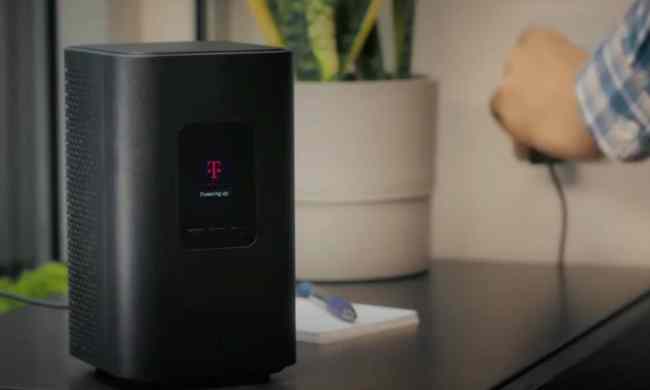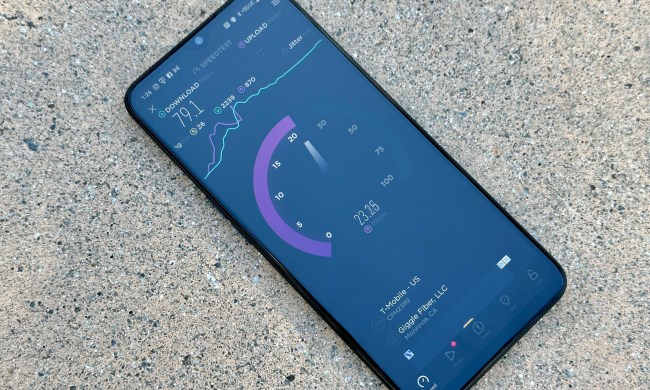Said to be the first application of 5G wireless, the new services will employ radio signals in place of copper or fiber cables in order to bring fast internet speeds to customers. This speed, Verizon says, could soon provide the necessary bandwidth and low latency for 3D and virtual reality applications.
The carrier first laid out its goals for 5G deployment at last year’s Mobile World Congress, and subsequently announced trials in Ann Arbor, Michigan; Atlanta, Georgia; Bernardsville, New Jersey; Brockton, Massachusetts; Dallas; Denver; Houston; Miami; Sacramento, California; Seattle; and Washington, D.C. These trials were modeled on the specifications determined by Verizon’s 5G Technical Forum.
The latter point is important to note, because a universal 5G standard does not exist yet. AT&T said it expected to reach download speeds of 400Mbps initially with its implementation, improving to 1Gbps by the end of 2017. The carrier reported that it achieved 14Gbps in a test in early 2016, the equivalent of downloading a 15GB file in nine seconds.
Verizon, on the other hand, did not state what speeds users could expect, and has said only that it “successfully trialed 5G residential applications.” Previously, the company noted it was closely working with its Technical Forum partners Qualcomm, Intel, Ericsson, and Samsung, as well as peers in the telecommunications industry in Canada, Japan, and South Korea, to work toward a global standard.
In any case, Verizon hopes to reach 30 million households across the U.S. with its new services. “This is a landmark announcement for customers and investors who have been waiting for the 5G future to become a reality,” Hans Vestberg, Verizon president of Global Networks and Chief Technology Officer, said in a statement. “We appreciate our strong ecosystem partners for their passion and technological support in helping us drive forward with
Update: Verizon to launch 5G residential services in 2018.


